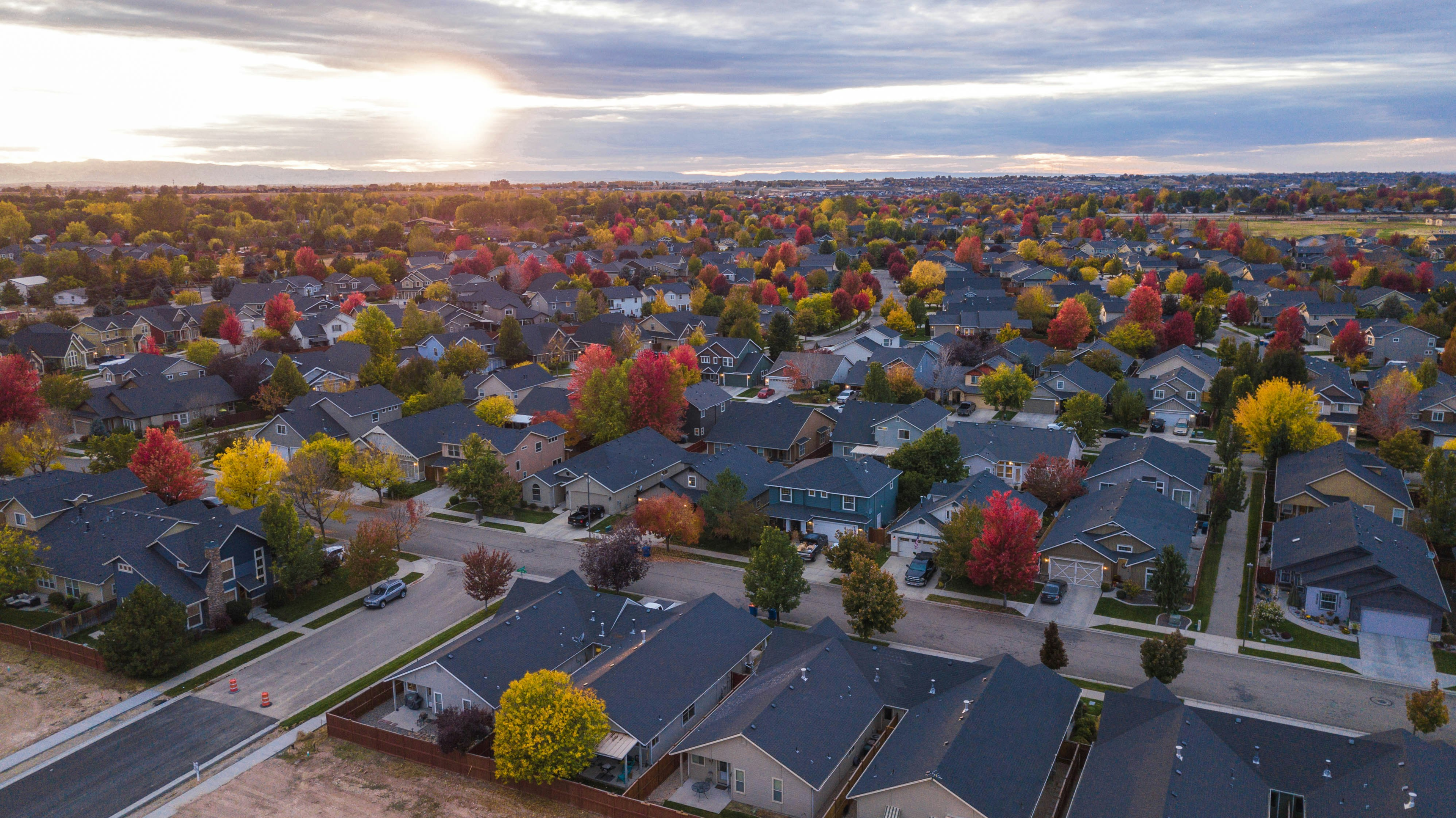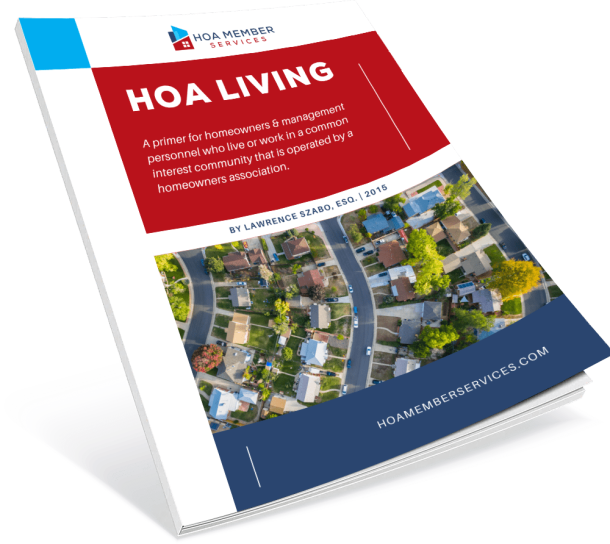Owning a home has many costs. These include paying for homeowners insurance, property taxes, and upkeep. For those living in a homeowners association (HOA), there’s an additional cost: HOA fees. These fees are key for keeping the community’s amenities and infrastructure. But, how much HOA fee is too much?
In this article, we’ll discuss what these fees are. We’ll also cover why they’re required and what you can do if they become too high.
What Are HOA Fees and Why Are They Required?
HOA fees, also known as dues, are regular payments that members of a homeowners association are required to make. These fees vary widely depending on the type of community you live in—be it a condominium, a traditional neighborhood, or a co-operative.
The HOA uses the fees to maintain common areas. They also ensure the upkeep of community facilities and cover shared expenses. They are essential for the community’s operations. They cover everything from pool maintenance to utilities to street repairs.
How Do HOA Fees Benefit Homeowners?
Homeowners contribute to the HOA. This ensures their community keeps a certain standard of appearance and functionality. This, in turn, protects property values. These fees also cover the cost of amenities which individual condo owners or homeowners might not be able to afford on their own.
The amenities include fitness centers, security systems, and landscaping services. Furthermore, the collective pooling of resources often results in lower costs for services compared to what an individual homeowner would pay independently.
Understanding the Usage of HOA Fees
What Does Your HOA Fee Cover?
Typically, your HOA fees go toward a broad range of services and maintenance efforts that benefit the entire community. These can include the upkeep of communal spaces like clubhouses, swimming pools, and parks. They also cover key services like trash removal, water, and sewage treatment.
They sometimes even cover cable TV and internet. Also, part of your fee goes to the association’s reserve fund. It is used for large unexpected or long-term expenses, like replacing roofs or major landscaping.
Are There Hidden Costs in HOA Fees?
HOA fees cover many community maintenance costs, but not all of them. Homeowners must understand what they include and what they don’t. For instance, they may cover general landscaping, but might not cover damage to personal property or home repairs.
Homeowners should carefully review their HOA’s rules. They should do this to fully understand their financial duties and avoid surprises.
The Financial Impact of HOA Fees
How Much Is the Average HOA Fee?
The amount you pay in HOA fees can vary dramatically based on where you live and the amenities offered. On average, homeowners might pay anywhere from $200 to $300 per month, but in high-cost areas, fees can be significantly higher.
The variation in fees is often due to the cost of living in the area. It is also due to the type of property management company used and the scale of amenities the community provides. For example, a high-rise building in a city with a doorman, underground parking, and a state-of-the-art gym will likely cost more than a suburban development with fewer, simpler amenities.
When Do HOA Fees Become Too Much?
Deciding whether an HOA fee is too high often comes down to personal budget and the perceived value of the services provided. Fees that seem excessive might actually be fair. They might cover many amenities and premium services.
Or, they might be fair if the community is in an expensive area with naturally high service costs. Homeowners should compare the fees and services with those of similar communities in the region. They should do this to see if they are getting fair value for their money.
Are HOA Fees Justifiable?
The justification for HOA fees lies in the tangible and intangible benefits they provide. Well-maintained amenities enhance the quality of life for residents and can lead to higher property values. Additionally, part of these fees go to building a reserve fund. This fund protects against the cost of unexpected repairs. It also lets the community afford upgrades without special fees.
What to Do If You Think Your HOA Fees Are Unreasonable
If you believe your HOA fees are too high, it’s important to get involved. Attend HOA meetings to understand how fees are being used and voice your concerns. Review the association’s budget and financial statements to see where the money goes and suggest areas where costs could be cut.
If enough residents share your concerns, the board may renegotiate contracts. They may also cut less essential services. This would lower fees.
How Often Do HOA Fees Increase?
It’s common for HOA fees to increase annually due to inflation and rising operational and maintenance costs alone. However, large fee spikes should be justified. They need clear explanations from the HOA board. The explanations should detail why the increases are necessary.
Homeowners should get detailed breakdowns. These should show how funds are used and what is driving fee increases. For example, unexpected repairs or legal issues.
As a member of the community, you have a right to understand and influence how your HOA fees are adjusted. Participate actively in your HOA, attend meetings, and vote on important issues. If you’re particularly concerned, consider running for a position on the HOA board.
This involvement gives you more control. For example, you can help set and adjust fees directly. This ensures they stay fair and proportional to the services provided.
Understanding and joining in the management of HOA fees can help. It can ensure they stay reasonable and help the well-being and financial stability of your community.
What Happens If HOA Fees Are Too Low?
While high HOA fees can be a burden, unusually low fees can also pose significant risks to a community. Low fees might not cover all the needed maintenance and services. This lack could lead to a decline in the community’s condition and lower property values.
If the HOA doesn’t collect enough money to properly maintain common areas or fund necessary repairs, it may have to impose special assessments later, which can be unexpectedly large and financially stressful for the community association and homeowners.
Communities that consistently undercharge may find themselves unable to fund emergency repairs or replace aging infrastructure, which can lead to safety hazards and decreased livability. Additionally, if the reserve fund is not adequately maintained, the community might not be prepared for major repairs or disasters, leading to higher overall costs in the long run and possible legal issues if the HOA fails to meet its obligations to residents.
How to Assess if Your HOA Fees Are Reasonable
Comparing Fees with Similar Communities
One effective way to determine if your HOA fees are reasonable is to compare them with those charged by similar communities in the area. Look at what amenities and services are included, the quality of maintenance, and the overall financial health of the associations. This can provide a benchmark and help you understand whether your homeowners association fees are in line with the typical costs or if they’re on the higher or lower end.
Evaluating the Value Provided by Your HOA Fees
Consider the amenities and services you receive in your planned community in exchange for your HOA fees. Are the common areas well-maintained? Are amenities such as pools, gyms, and community spaces in good condition? Is the community managed efficiently and effectively? Answering these questions can help you determine whether the fees are justifiable and if you are getting good value for your money.
Steps to Take if You Disagree with HOA Fee Amounts
- Getting Involved in the HOA
- If you’re concerned about your HOA fees, the most proactive step is to get involved. Attend HOA meetings to gain insights into how the fees are being spent and raise any concerns you have. Understanding the association’s budget and financial decisions can provide clarity and may reveal opportunities for cost savings.
- Advocating for Transparency and Accountability
- Encourage your HOA to be more transparent about its financial practices. Request detailed budgets and financial statements, and ask for regular updates on financial health and spending. Transparency not only builds trust but also allows homeowners to see exactly where their money goes, which can help justify the fees or highlight areas where changes may be needed.
How Can HOAs Determine Their Fees?
When setting HOA fees, it’s important to consider both the immediate and future needs of the community. Here’s a simplified guide on how HOAs can determine appropriate fees:
- Assess Current and Future Needs: HOAs should start by evaluating the costs of current services, like landscaping, pool maintenance, and building upkeep. They should also consider future expenses such as roof replacements or parking lot resurfacing. This helps ensure that the HOA collects enough money to cover these costs without needing sudden increases.
- Estimate Budget and Add Reserves: Once the HOA has a clear idea of the annual costs, they should create a budget. It’s also smart to include a reserve fund in this budget for unexpected repairs or emergencies. This fund acts like a savings account for the community, helping to cover big expenses that aren’t regular but can be predicted over time.
- Consider the Impact on Homeowners: HOA fees need to be affordable for residents. This means considering the overall economic environment and what residents can reasonably afford. Fees that are too high could burden homeowners, but fees that are too low might not cover all the community’s needs.
- Adjust Regularly: HOAs should review their fees annually to adjust for inflation, changes in service costs, or updates in community needs. This regular review helps prevent large, unexpected hikes in fees and keeps the budget aligned with actual expenses.
By following these steps, HOAs can set fees that are fair and sufficient to maintain the community effectively while also considering the financial impact on its residents.
If you need further help setting up HOA fees in your community, you can rely on HOA Member Services. With a wealth of forms, guides, and resources, you can rest assured that your association will be guided down the right path. If you become an HOA Member Services member, you can also receive all of our materials for free.
Finding the Right Balance
Both homeowners and HOA boards play important roles in managing and evaluating HOA fees. Homeowners should stay informed and involved, and boards must operate with transparency and accountability. Together, a collaborative approach can ensure that HOA fees are used effectively and association fees are set at levels that reflect the needs and capabilities of the community.
HOA fees are a necessary part of community living, but finding the right balance is crucial. They should be high enough to cover all necessary expenses and contribute to the reserve fund but not so high that they place undue financial strain on the homeowners. This balance ensures that the community remains attractive and well-maintained, supporting property values and enhancing residents’ quality of life.










